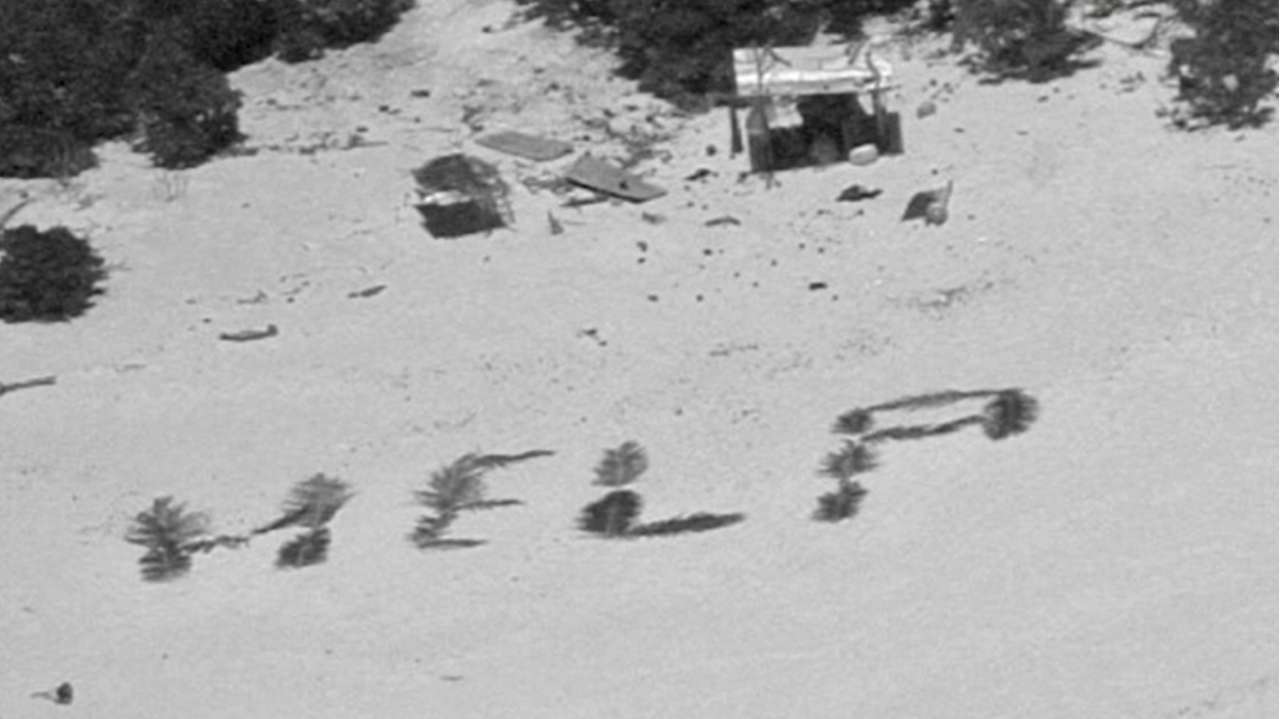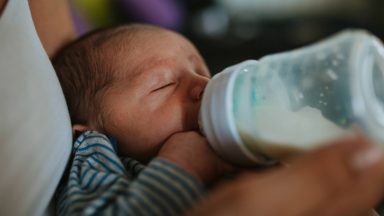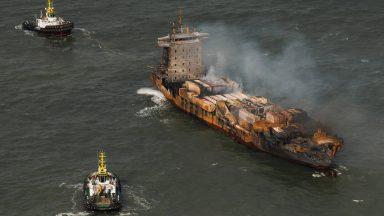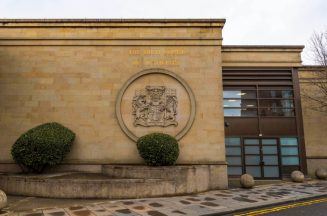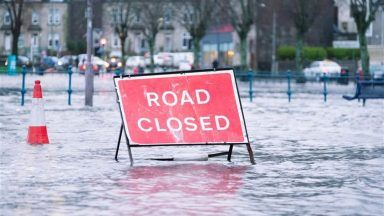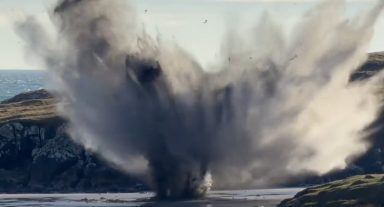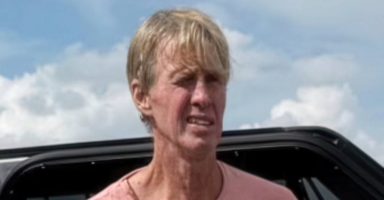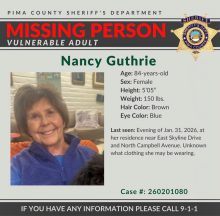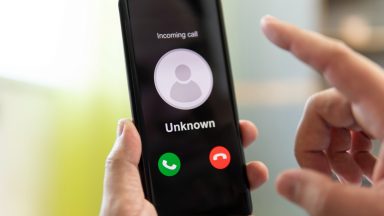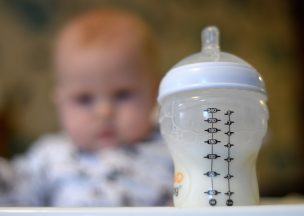Three sailors have been rescued from a tiny Pacific Ocean island after spelling out “HELP” in the sand using palm leaves after a week of being stranded.
The trio were rescued by a US Navy and Coast Guard operation, that unexpectedly turned into a family reunion.
The three men had been planning to go fishing in the waters around Pikelot Atoll, part of Micronesia – before their 20-foot skiff was caught by swells and its motor was damaged.
After taking damage to their boat, they managed to scramble ashore on the tiny uninhabited Pikelot, but their radio ran out of battery before they could call for help.
The castaways then gathered up palm fronds and arranged them to spell out “HELP” on the beach, according to the Coast Guard.
For the week they were stranded, the men lived off coconut meat and fresh water from a small well on the island.
Officials have said it is difficult to overstate how remote Pikelot is. The island is part of the Federated States of Micronesia, a Pacific nation between the Philippines and Hawaii that is made up of more than 600 islands scattered across about 2.5 million square kilometers of ocean.
The Coast Guard said a US Navy P-8A reconnaissance jet dispatched from Kadena Air Base on Okinawa, Japan, spotted the palm-frond “HELP” sign on the beach on April 7.
After being dropped crucial supplies and communication equipment, the Coast Guard scrambled a rescue effort.
Upon arriving on the tiny island, one of the Coast Guard officers realised that he was third cousins with one of the men, and fourth cousins with the other two.
One of the rescuers on the beach was Petty Officer 2nd Class Eugene Halishlius. The stranded men were surprised to see that Halishlius was Micronesian and spoke the local language.
“I could see on their faces, ‘Whoa! Who’s this guy pulling up that can speak our language?’” Halishlius told ITV News’ US partner CNN in an interview.
When he gave his name to the first of the stranded men to reach the rescue boat, the castaway was stunned: they were related.
“It’s a crazy world, I actually found out I’m related to them!” Halishlius said.
“He couldn’t believe I’m with the Coast Guard trying to rescue them.”
Follow STV News on WhatsApp
Scan the QR code on your mobile device for all the latest news from around the country


